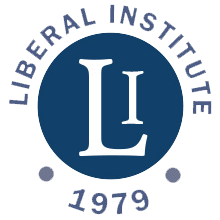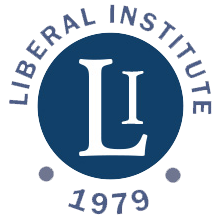
Swiss fiscal federalism is the opposite of what federalism implies in many other countries. Political authority is built from the bottomup. The Swiss federal government derives its legitimacy from the 26 cantons, not the other way round. As a result, the central government only plays a subsidiary role, carrying out limited competencies that account for less than one-third of total taxes and spending.
The 26 cantons enjoy actual tax sovereignty, while the central government can only levy taxes provided for in constitutional provisions, whose legitimacy is derived from a majority of both cantons and voters. Not only does the central government obtain its legitimacy from the cantons, but its power to tax is limited in time.
In some instances, even if a majority of voters at the national level supports a particular policy, it may be turned down because majorities in smaller cantons decide the other way. The voice of the smallest canton, Uri, which has 35,000 residents, counts just as much as the voice of the biggest one, Zurich, with 1.3 million residents. Cantonal sovereignty therefore tends to limit the “tyranny of the majority”, and protects the rights and freedom of choice of residents in smaller jurisdictions.
Download Paper (20 pages, PDF)

Always stay up to date
Receive information about current publications and events around once a month.
The Liberal Institute is delighted to hear from you.
LIBERALES INSTITUT
Hochstrasse 38
8044 Zürich, Schweiz
Tel.: +41 (0)44 364 16 66
institut@libinst.ch
INSTITUT LIBÉRAL
Boulevard de Grancy 19
1006 Lausanne, Suisse
Tel.: +41 (0)21 510 32 00
liberal@libinst.ch
ISTITUTO LIBERALE
Via Nassa 60
6900 Lugano, Svizzera
Tel.: +41 (0)91 210 27 90
liberale@libinst.ch

Receive information in German about current publications and events about once a month.